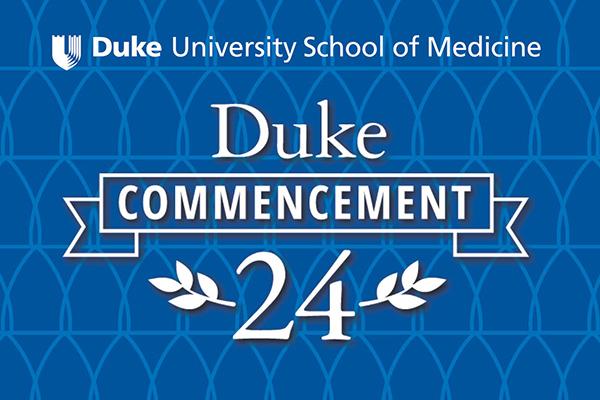The Duke University School of Medicine offers an innovative 10-month professional master’s degree, the Master of Biomedical Sciences (MBS). The goal of this program is to enhance the scientific and professional preparation of students aspiring to a career in the health professions or in a related field requiring graduate level biomedical sciences. Students will bolster their preparation for further study or entry into the biomedical workforce by completing a rigorous combination of multidisciplinary graduate level coursework, immersive patient-centered service learning, individualized electives, advising, and professional development.
Distinguishing features of Duke’s MBS program:
- Located within the Duke University School of Medicine in the heart of a major academic medical center that includes the Duke University Hospital, the Duke Medicine Pavilion, Duke Clinics, Duke Cancer Center, and the Duke Clinical Research Institute;
- Graduate level coursework in the human biological sciences designed specifically for and dedicated to MBS students;
- Emergency Medical Technician (EMT) training, certification, and experience. MBS students will be members of an interprofessional health care team, not shadows or observers;
- Gross anatomy course with cadaveric dissection that is integrated with the EMT curriculum and revisited during other core courses;
- Team-based learning and small group seminars focusing on communication, team work, professional formation, ethics;
- Instruction, advising, and mentoring by faculty leaders in Duke’s highly rated medical student, physician assistant, and doctor of physical therapy programs in addition to Duke University’s Office of Health Professions Advising;
- Electives to meet individual needs and interests;
- Scholarship assistance (merit and need-based);
- Vibrant Duke University and Durham community.
We hope to match our students with the best opportunities for success in the health professions and/or related biomedical fields. MBS students will learn the language of human medicine (e.g. anatomy and biological systems) as well as the context of clinical care (e.g. patients and clinicians’ perspectives, health delivery systems).
Come learn with us!
Kathryn Andolsek, MD, MPH Assistant Dean for Premedical Education


